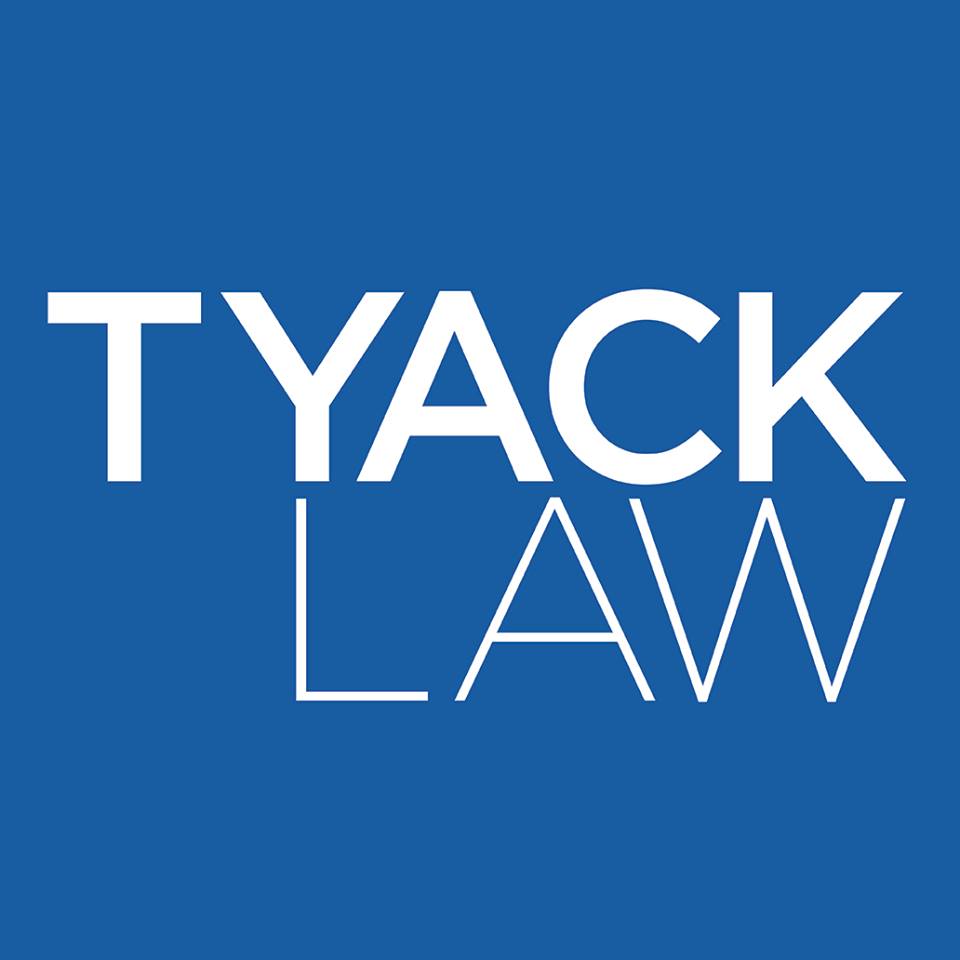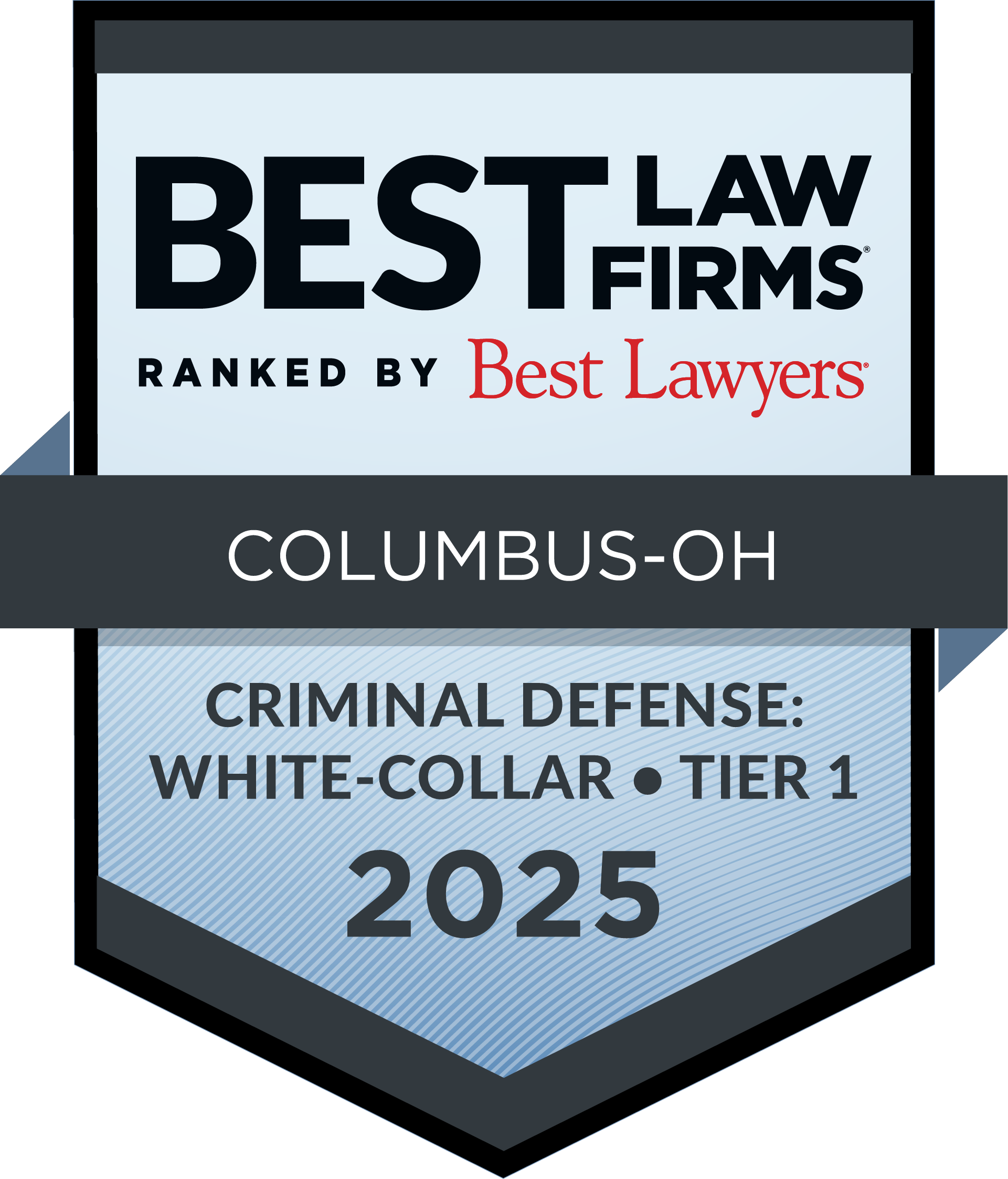
Ohio’s New Record Sealing Law, Effective October 29, 2018
Ohio Senate Bill 66, signed into law by Gov. John Kasich on July 30, 2018 and made effective on October 29, 2018, expands opportunities for individuals to have criminal convictions expunged from their records—including multiple low-level felony offenses. Under the current law, any Ohioan with more than two convictions—only one of which may be a felony conviction—is ineligible for record sealing.[1] However, under Ohio’s new record sealing law, an Ohioan with up to five F4/F5 felony convictions and/or an unlimited number of misdemeanor offenses may apply for record sealing (so long as none of the offenses are sexual or violent offenses).[2]
Although Ohio’s revised expungement law broadens the number of offenses an Ohioan may seek to expunge, SB 66 still requires people convicted of both misdemeanor and felony offenses to wait a certain period of time before they are eligible to file for record sealing. Those waiting periods are:
- Misdemeanors: One year after the offender’s final discharge.[3]
- Bail Forfeiture in Misdemeanor Cases: One year from the date on which the bail forfeiture was entered upon the minutes of the court or the journal, whichever entry occurs first.[4]
- One Felony: Three years after the offender's final discharge.[5]
- Two F4/F5 Felonies: Four years after the offender’s final discharge.[6]
- Three F4/F5 Felonies: Five years after the offender’s final discharge.[7]
The statutory provision limiting the types of offenses that may not be expunged will, however, remain unchanged by SB 66. An offender who is otherwise eligible to apply for record sealing will be prohibited from doing so in[8]:
- Convictions when the offender is subject to a mandatory prison term;
- Convictions under section 2907.02, 2907.03, 2907.04, 2907.05, 2907.06, 2907.321, 2907.322, or 2907.323, former section 2907.12, or Chapter 4507., 4510., 4511., or 4549. of the Revised Code, or a conviction for a violation of a municipal ordinance that is substantially similar to any section contained in any of those chapters, except as otherwise provided in section 2953.61 of the Revised Code;
- Convictions of an offense of violence when the offense is a misdemeanor of the first degree or a felony and when the offense is not a violation of section 2917.03 of the Revised Code and is not a violation of section 2903.13, 2917.01, or 2917.31 of the Revised Code that is a misdemeanor of the first degree;
- Convictions on or after October 10, 2007, under section 2907.07 of the Revised Code or a conviction on or after October 10, 2007, for a violation of a municipal ordinance that is substantially similar to that section;
- Convictions on or after October 10, 2007, under section 2907.08, 2907.09, 2907.21, 2907.22, 2907.23, 2907.31, 2907.311, 2907.32, or 2907.33 of the Revised Code when the victim of the offense was under eighteen years of age;
- Convictions of an offense in circumstances in which the victim of the offense was less than sixteen years of age when the offense is a misdemeanor of the first degree or a felony, except for convictions under section 2919.21 of the Revised Code;
- Convictions of a felony of the first or second degree;
- Bail forfeitures in a traffic case as defined in Traffic Rule 2.
Other Criminal Sentencing and Corrections Changes Promulgated by SB 66
SB 66 represents the Ohio General Assembly’s efforts to reduce mass incarceration by rehabilitating individuals; expanding who is eligible for prison-alternative programs; and reducing prison time by instructing judges to consider rehabilitation in felony sentencing and encouraging judges to place defendants, if prudent, in local treatment centers and local jails as an alternative to state prison. The new bill also acknowledges that, in some cases, community control is unnecessary and becomes a serious burden on newly released offenders who are trying to reintegrate into society. To help address these concerns, SB 66 establishes new procedures for Ohio’s Adult Parole Authority to grant a final release or terminate post-release community control and offers new flexibility in imposing less severe penalties (which was usually additional incarceration) for people who violate the terms of their probation.
Additionally, in lieu of conviction, more people will be able to undergo treatment or programming. Upon successful completion of treatment or required programming, the charges against that person would be dropped.
Tyack Law Firm | Columbus Expungement Attorneys
When evaluating expungement applications, courts always have the discretion to determine if a person is an eligible offender and if they meet the requirements necessary for having their record sealed. In some cases, the prosecutor may object to an offender’s expungement application. Therefore, having an experienced criminal expungement attorney prepare the record sealing application and advocate for you during the expungement process is extremely important.
If you have record you would like to have sealed, contact the experienced criminal defense attorneys at Tyack Law Firm. Our Columbus expungement lawyers can review your eligibility, discuss the record sealing process with you, and assist and advocate for you during the record sealing review process.
Sources:
[1] R.C. 2953.31(A) (effective until 10/29/2018).
[2] R.C. 2953.31(A)(1) (effective 10/29/2018).
[3] R.C. 2953.32(A)(1)(c) (effective 10/29/2018).
[4] R.C. 2953.32(A)(2) (effective 10/29/2018).
[5] R.C. 2953.32(A)(1)(a) (effective 10/29/2018).
[6] R.C. 2953.32(A)(1)(b) (effective 10/29/2018).
[7] R.C. 2953.32(A)(1)(b) (effective 10/29/2018).
[8] R.C. 2953.36(A).
[9] R.C. 2953.31(A) (effective until 10/29/2018) defined an “eligible offender” as “anyone who has been convicted of an offense in [Ohio] or any other jurisdiction and who has not more than one felony conviction.” However, R.C. 2953.36(A)(7) expressly excludes persons convicted of first- or second-degree felonies from applying to have their record of conviction sealed.
Disclaimer: The information in this blog post (“post”) is provided for general informational purposes only, and may not reflect the current law in your jurisdiction. No information contained in this post should be construed as legal advice from the Tyack Law Firm Co., L.P.A., or the individual author, nor is it intended to be a substitute for legal counsel or representation on any subject matter. No reader of this post should act or refrain from acting on the basis of any information included in, or accessible through, this post without seeking the appropriate legal or other professional advice on the particular facts and circumstances at issue from a lawyer licensed in the recipient’s state, country, county, or other appropriate licensing jurisdiction.
Talk with an experienced lawyer today.
Fill out the form below to get started with your case evaluation.
"*" indicates required fields















